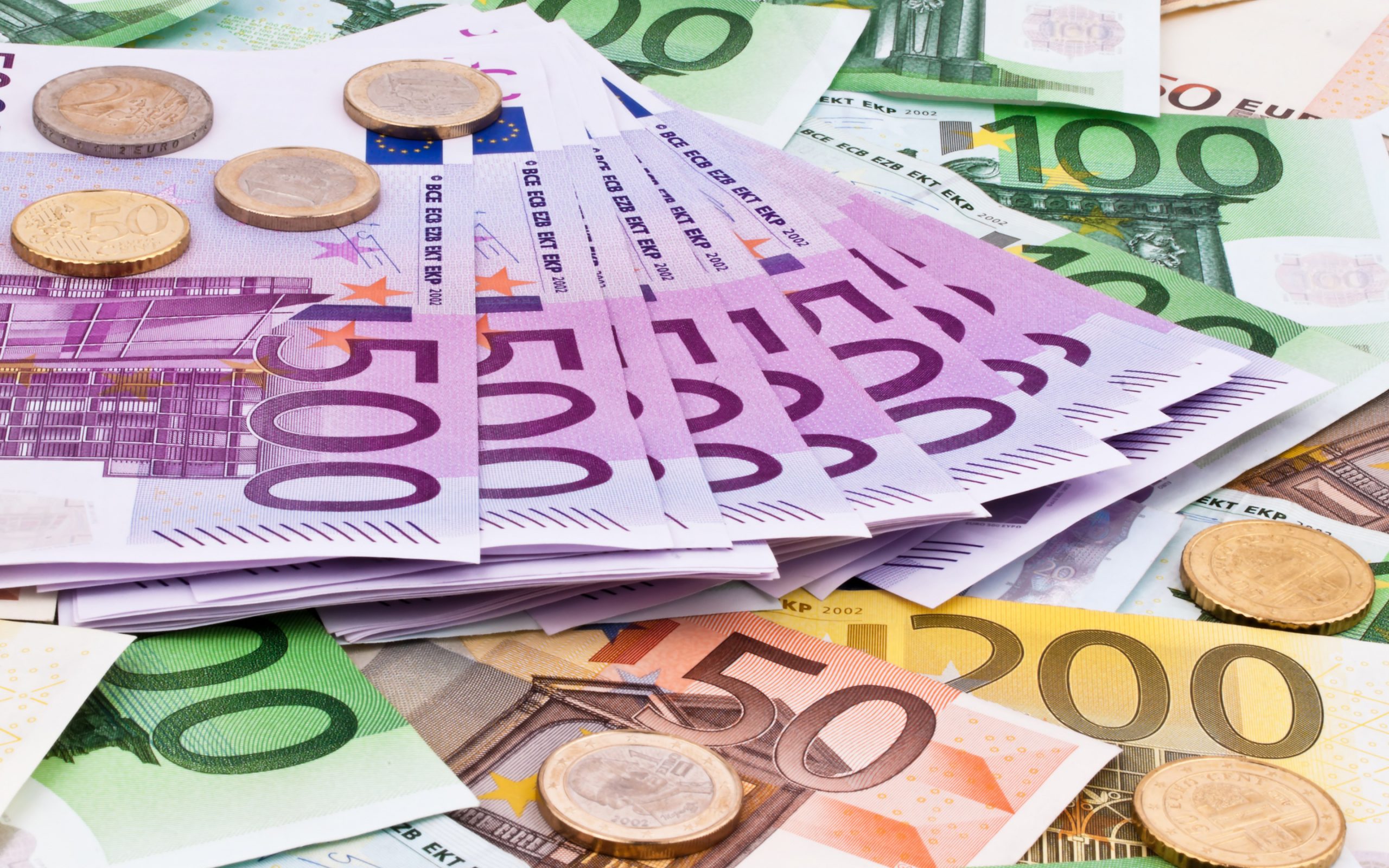By Chinwendu Obienyi
The naira held its ground against the euro this week, defying the European currency’s strong global advance.
Despite the euro’s 1 per cent surge past the 1.15 level against the U.S. dollar—its highest since 2022—the naira showed relative resilience, even as pressures mounted in the unofficial market.
This came after the euro/naira exchange rate climbed to N1,845 on Monday, breaching the critical N1,800 support level.
Market analysts attribute the movement to heightened demand for euros amid global uncertainty, compounded by low capital inflows and concerns over Nigeria’s trade balance.
The euro’s rally came amid a weakening U.S. dollar, which saw the Dollar Index (DXY) fall to 98.2, its lowest level since March 2022. The decline followed renewed trade tensions as U.S. President Donald Trump launched an investigation into potential tariffs on all critical mineral imports.
Investors had flocked to the euro as a safer asset, amid escalating geopolitical friction, particularly with China. The move marks a reversal of the dollar’s three-year dominance that began during Trump’s initial trade policy escalations.
Conversely, the naira gained ground against the U.S. dollar, appreciating 1.1 per cent week-on-week (w/w) to N1,600/$1, thanks to robust foreign exchange interventions by the Central Bank of Nigeria (CBN).
The apex bank reportedly sold approximately $280 million to authorized dealers in a bid to stabilize the local currency.
However, Nigeria’s external reserves continued their downward trend, falling by $111.21 million to $37.89 billion as of April 16—marking the fifth consecutive weekly decline.
Market optimism was reflected in the forwards segment, where the naira rates appreciated across the 1-month (+1.5 per cent to N1,642.03/$1), 3-month (+0.8 per cent to N1,720.49/$1), 6-month (+1.6 per cent to N1,802.37/$1) and 1-year (+1.6 per cent to N1,979.27/$1) contracts.
Despite the improvements, analysts at Cordros Research caution that the naira remains under pressure from subdued capital inflows and weak oil prices. They said, “Ongoing trade tensions and global economic volatility may further strain the currency in the medium term. Nevertheless, sustained CBN support is expected to cushion against any sharp depreciation in the near term”.
The prolonged uncertainty and protectionist policies may further reshape currency trends in the coming months, with emerging market currencies like the naira vulnerable to broader shifts in global trade dynamics.

